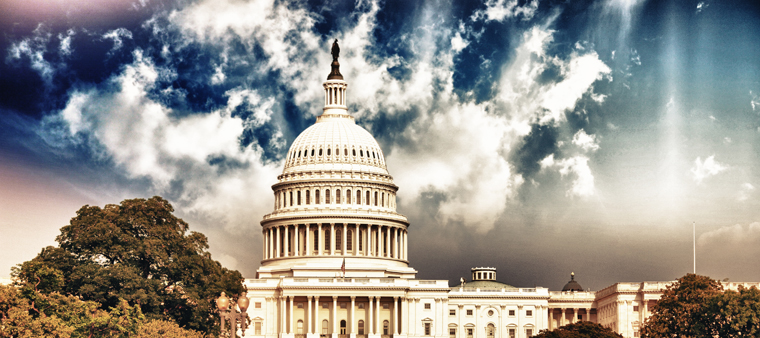Federal Advocacy
Conducting outreach to U.S. Representatives, Senators, and their respective staff, AHRI helps educate policy makers on the issues of importance for the HVACR and water heating industries.

Whether the issue is climate change, energy efficiency, residential or commercial tax incentives or another important issue of the day; providing elected officials pertinent information to make informed and effective decisions helps them to craft energy, manufacturing, and environmental policies that will benefit consumers and the industry alike. Our priority advocacy efforts at the federal level are outlined below:
Modernize EPCA to Update Framework for Energy Efficiency Regulations
The Energy Policy Conservation Act (EPCA) was enacted over 40 years ago in response to the 1975 energy crisis. Few would deny its success in reducing energy consumption and dependence on foreign energy sources.
This statute must be modernized to address consumer and market needs. The benefits of the law as currently constructed are declining while the costs of continued serial rulemaking increase. To continue on the path of energy independence and sustainability, it is time for all stakeholders, including DOE, to explore a new regulatory framework that reflects current information and future needs, rather than the continued reliance on a 40-year-old regulatory framework.
AHRI supports Congressional efforts to modernize EPCA to meet future needs of all stakeholders.
- The rulemaking schedule must be adjusted to meet practical realities. Current statute provides only one year between enforcement of a new standard and when DOE may begin the process of setting a new standard, never allowing industry time to absorb costs or provide real market data to DOE on the current standard.
- Product efficiency standards must be based on a final test procedure; currently, DOE has been able to propose new conservation standards before the test procedures have even been finalized. Often, these test procedures differ from industry consensus test procedures that are used for certification processes, creating a duplicative process.
- Rulemaking processes must ensure full stakeholder input. In order to ensure this overly burdensome process provides certainty and transparency to manufacturers, technical and economic analyses and assumptions should be made available for public review, and DOE should be required to consider the cumulative effects of federal regulations.